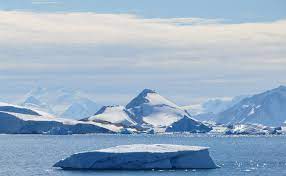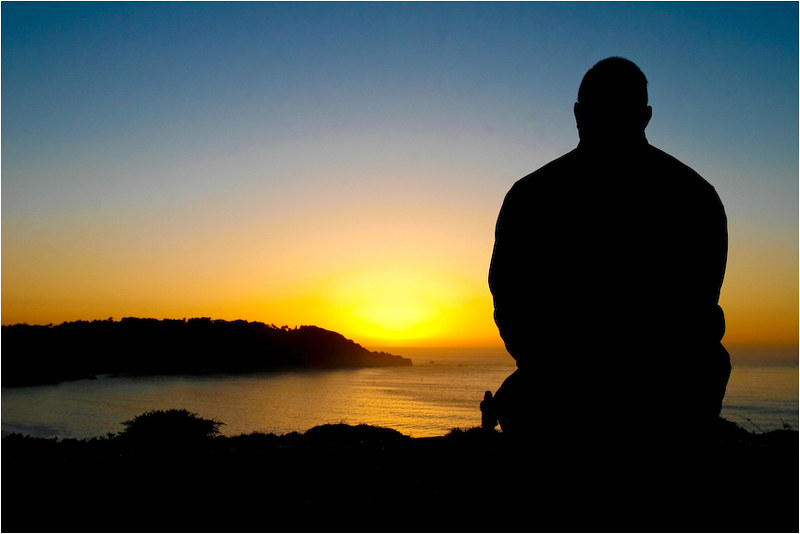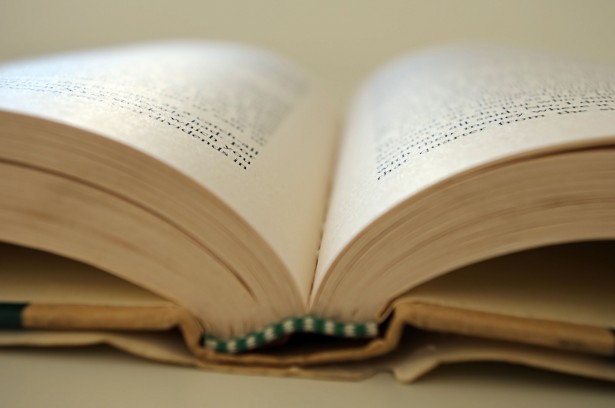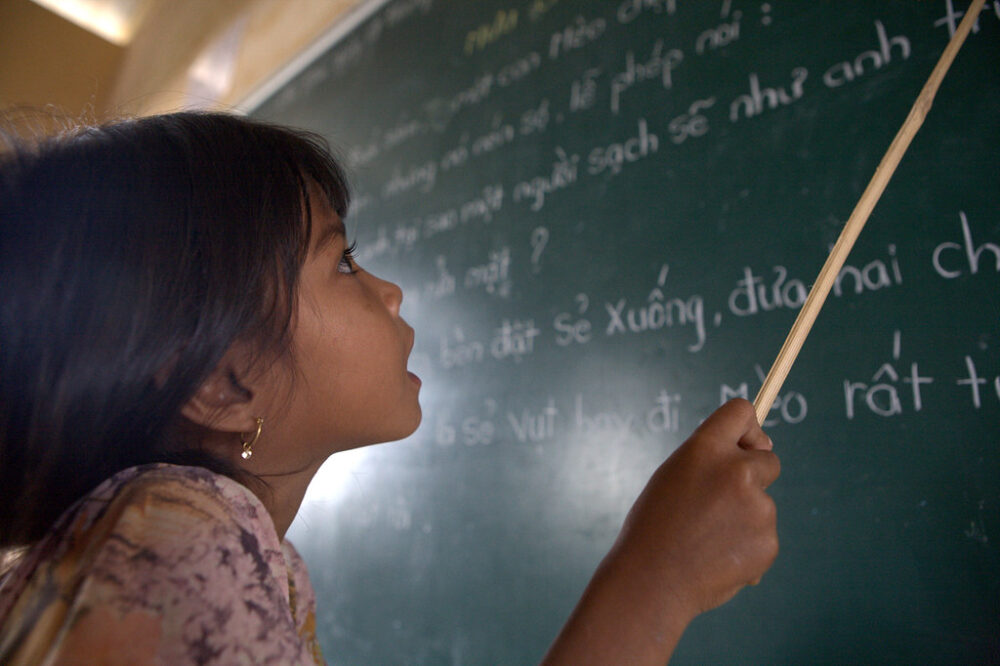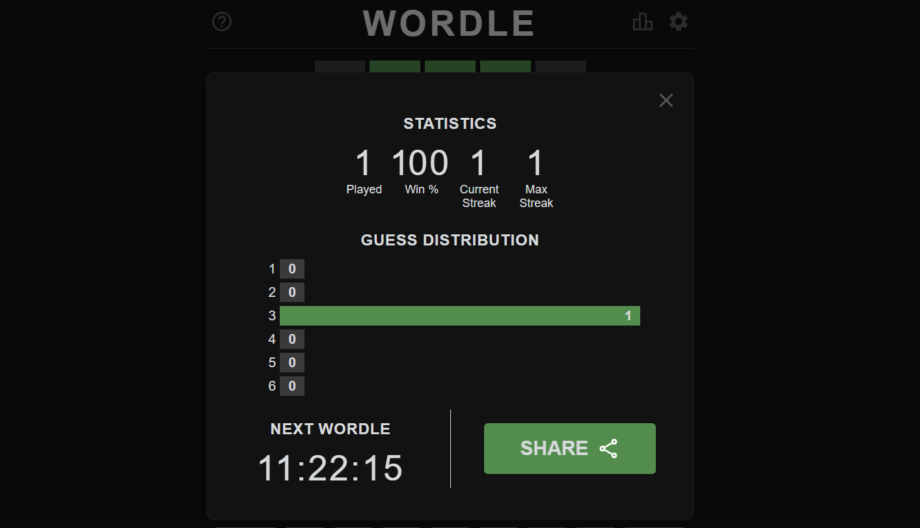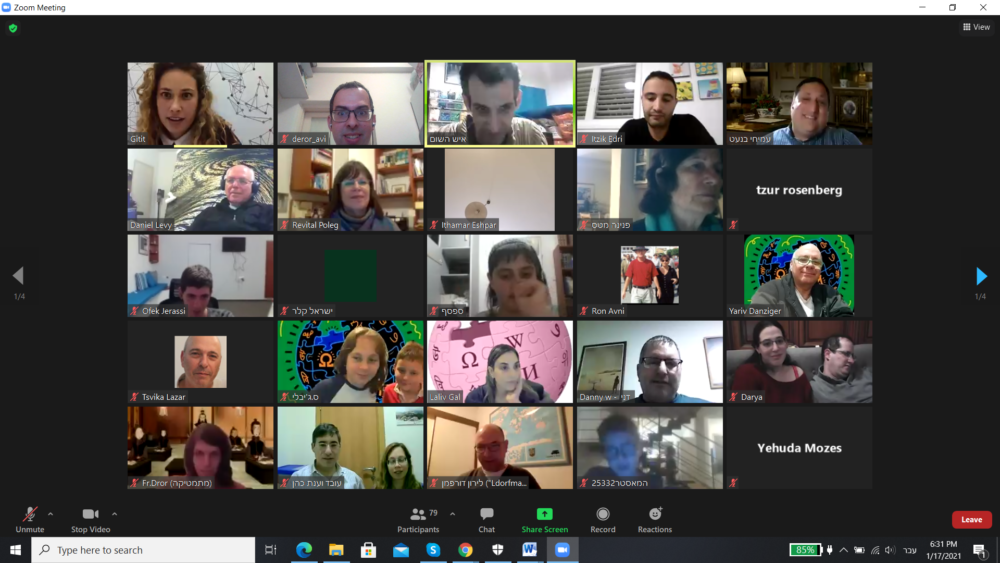The Drake Passage: The final barrier to Antarctica
This past summer, I worked at Woods Hole Oceanographic Institution (WHOI), a marine science research institute with a variety of labs and facilities. In the middle of the summer, a lab I was involved with found out that some members would be taking a trip to Antarctica to collect samples. One of my good friends […]
The Drake Passage: The final barrier to Antarctica Read More »
